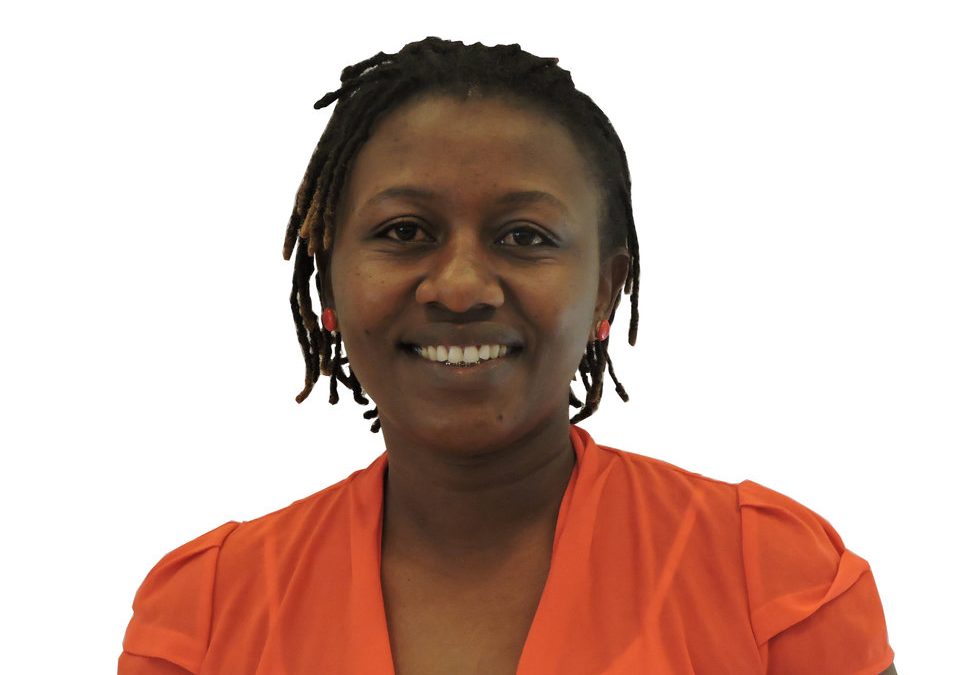Caroline Mbui
Resettlement Expert
Duty Station: N’Djamena, Chad
I’d like to find a way to establish a child-friendly environment for protection interviews.
When we conduct interviews with refugees (these could be to determine refugee status, to register them, or for protection etc.), the environment isn’t child-friendly. This is a problem because it limits refugee children’s participation in this important interview process.
According to an article in the Children, Youth and Environments Journal, “Child participation must start with children themselves, on their own terms, within their own realities and in pursuit of their own visions, dreams, hopes and concerns. Most of all, authentic and meaningful child participation requires a radical shift in adult thinking and behavior from an exclusionary to an inclusionary approach to children and their capabilities. The drive to participate is innate in every human being. Promoting meaningful and quality participation of children is essential in ensuring their growth and development. Children have proved that when they are involved, they can make a difference in the world around them; they have ideas, experience and insights that enrich adult understanding and make a positive contribution to adult actions.”
We should help refugee children learn about their rights and speak out about issues that affect them. In attempting to facilitate the participation of children who seem less competent than might be expected, such situations should be identified. This in turn will maximize a child’s opportunities to demonstrate his or her competence.
It is a common practice that children either accompany their parents and/or guardians for interviews, or are scheduled for interviews. In most cases the interview sessions are long and the children lack the endurance needed to concentrate for long hours. There is a need for facilities such as playgrounds or rooms where these children can play and/or draw as their parents are being interviewed. This will enable parents to concentrate during the interviews, and will give children a chance to express themselves and also nurture their talents.
I want to find a solution to this challenge because we have a duty to protect refugee children and provide the right environment for them to recover from a really tough start in life.
Refugee children should not be treated as helpless victims; instead we should look to build on their own resilience by giving them the tools and opportunities to rebuild their own lives and create the protective environment needed for them to do so.

